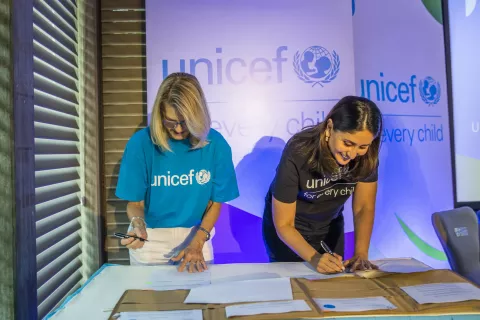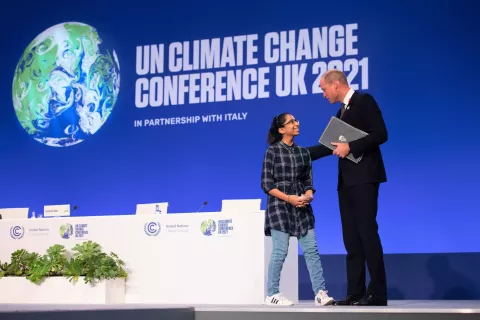Study on domestic water security from aspects of gender, social inequities, and water management
The rationale for the study was the need to generate adequate evidence to inform the development of an equity-focused, gender transformative water security strategy

Highlights
The Jal Jeevan Mission (JJM), the national flagship programme of the Government of India (building on the National Rural Drinking Water Programme – NRDWP) envisions safe and adequate drinking water for all, always, in rural India. It aims to ensure that by 2022, at least 90 per cent of rural households are provided with piped water supply; at least 80 per cent of rural households have piped water supply with household connections, less than 10 per cent use public taps and less than 10 per cent use hand–pumps or other safe and adequate private water sources. Rajasthan has only 1.16 per cent of the total surface water available in India, though it covers more than 10.4 per cent of the country’s geographical area, supporting more than 5.5 per cent of the human population and 18.7 per cent of the livestock.
Barmer and Jaisalmer districts in western Rajasthan are characterized by low to very low rainfall and excessively high aridity due to high temperatures. These factors impact safe water availability for domestic and productive purposes around the year. Moreover, the region is characterized by a number of fringe habitations (known as “dhani”), populated sparsely, and extending to a radius of 10 km or more. With limited resources at the grassroots level, techno–economic viability for setting up a water supply network in these areas is a major challenge. As noted earlier, fewer than 5 per cent of households in the two districts have tap connections.
The rationale for the study was the need to generate adequate evidence to inform the development of an equity-focused, gender-trans water security strategy, which in turn can inform the implementation plans (with a special focus on western Rajasthan) led by the Government of Rajasthan in line with the JJM. The study's findings can be used at the state level, to help guide policy directives and the programmatic framework for water governance and at the District or Gram Panchayat level for strengthening operational measures and demand-side management. The study used the qualitative research approach with the aim of gaining insights through discussions with community groups, stakeholder consultations and a review of secondary literature.





